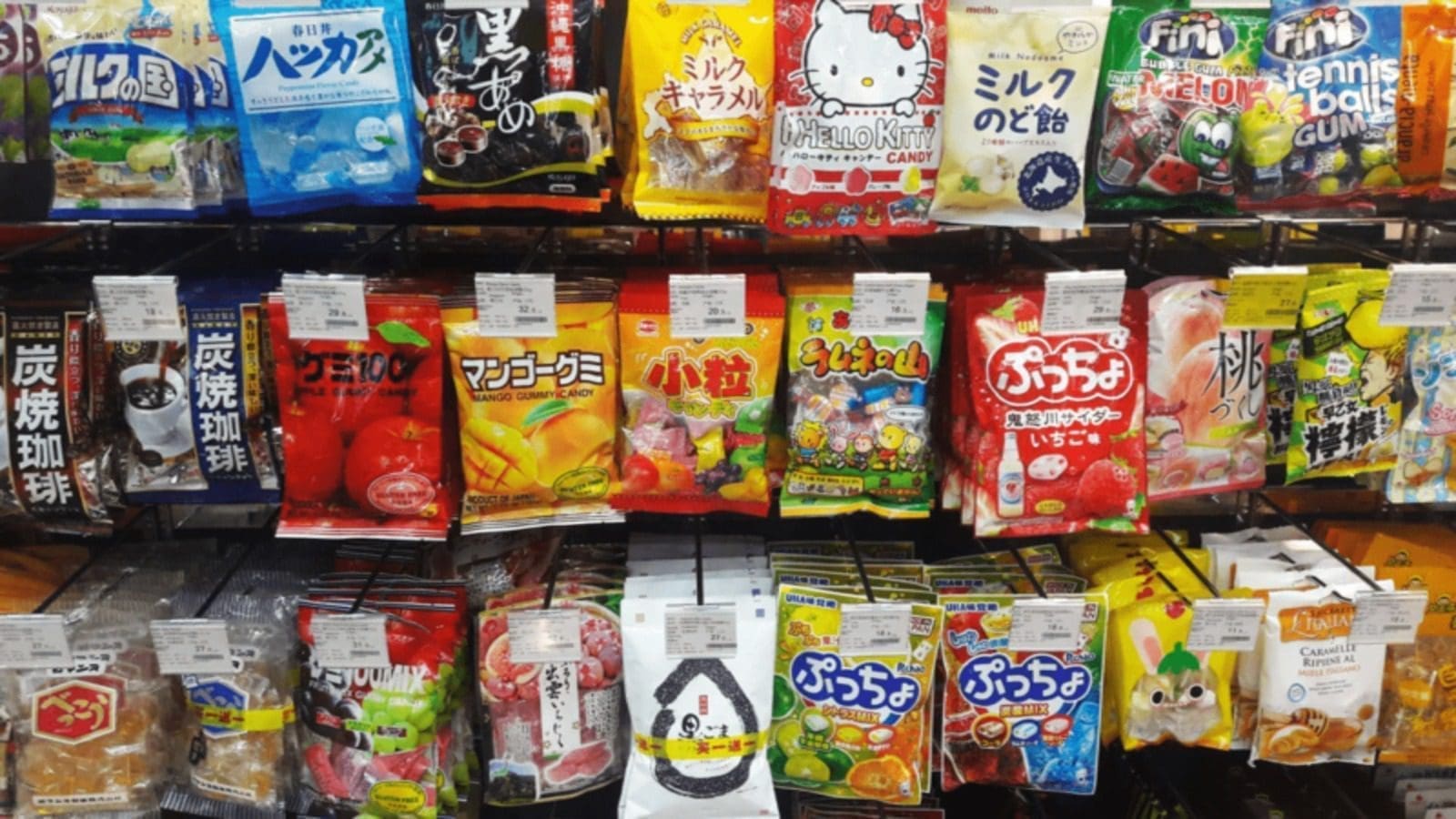CHINA – Chinese researchers have found that increasing the information in labels of Genetically Modified Foods (GMF) can increase the consumers’ willingness to buy them as they will be more informed about the benefits attributed to the GMFs.
Most current studies have confirmed that the consumer attitudes and purchase intention toward GMFs are not good.
The study was conducted to match the consumers’ different information processing mechanisms by adding marketing information clues and regulating their purchase intentions by contradictory attitudes towards GMFs. The marketing clue information was divided into two kinds of information, functional and environmental.
GM foods use different labeling systems, as previous laws required the labeling of genetically modified organisms and their products. Operators should ensure that the labels indicate “This product contains GMOs” or “This product contains genetically modified organisms” to protect consumers’ right to know and to choose.
At the same time, the proportion of genetically modified food labeling information affecting purchase intention is increasing. By so, the companies must label the GMO information if ingredients contain more than 5% of GMO on the US market. Chinese regulations require that as long as the product contains GMO ingredients, it must be marked on the product packaging.
Functional attributes are human health like more nutrients and better taste, while examples of environmental attributes are the decrease in fertilizer and pesticide use and abiotic stress resistance. The results obtained showed that consumers are more inclined to environmental information. Older people are more concerned about the impact of genetically modified agricultural products on the environment and their health.
The younger generation prefers ecological information. They believe more in science, and men have a better understanding of genetically modified products than women and are more willing to participate in discussions and make suggestions.
Millennials who are more educated and understand biotechnology are more inclined to buy GM foods. Compared with non-millennials, they believe that there are fewer risks and fewer security issues.
Consumers with high ambivalence towards GM foods are more inclined to choose environmental attribute information.
In addition, the level of income is also a key factor for consumers to choose GM foods and non-GMO foods. From the market experience, GM foods are about 20% cheaper than non-GM foods because of their higher yields and low planting costs.
The researchers concluded that compared with hidden expression of GM ingredients, direct interpretation of additional information for GMs will increase the consumers’ willingness to buy them. They emphasized in their study that when consumers are given an additional number of information that is beneficial to the environment of function, they will increase their willingness to choose GM foods.
According to the Food and Agriculture Organization (FAO) GM Foods Platform, 191.7 million hectares of biotech crops are grown in 70 countries, and about 60% to 70% of the food on the market contains genetically modified ingredients. However, global consumers are not optimistic about GMFs, 57% of European citizens are generally unwilling to support them.
Liked this article? Subscribe to Food Safety Africa News, our regular email newsletters with the latest news insights from Africa and the World’s food safety, quality and compliance. SUBSCRIBE HERE








